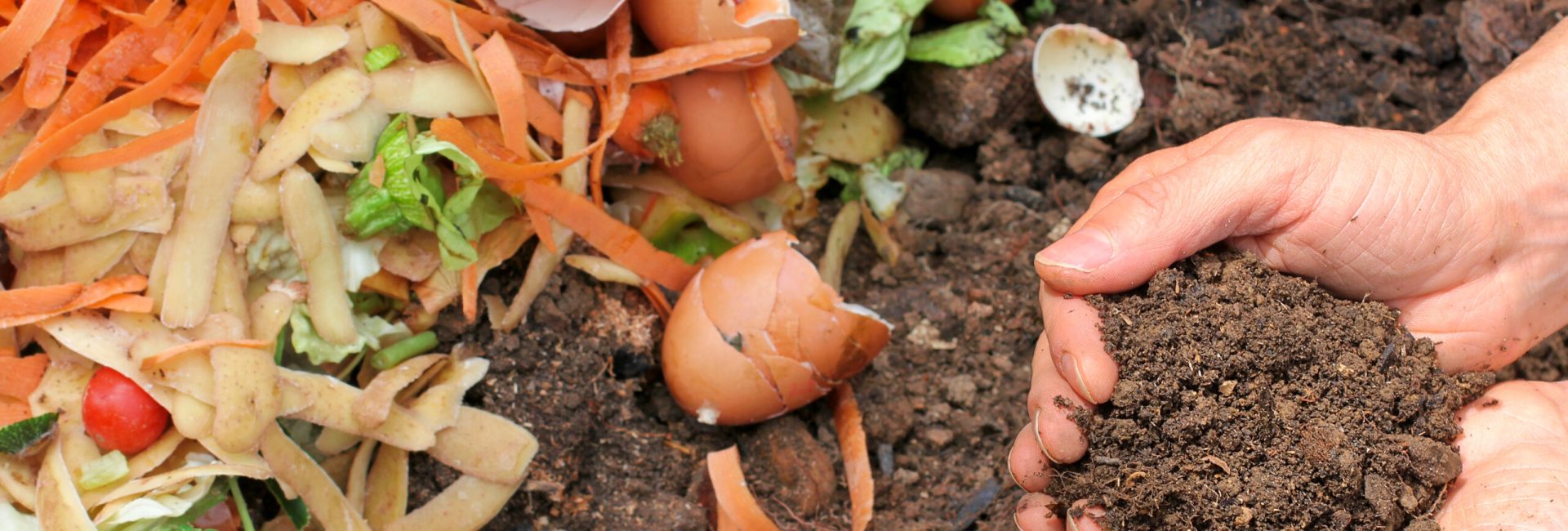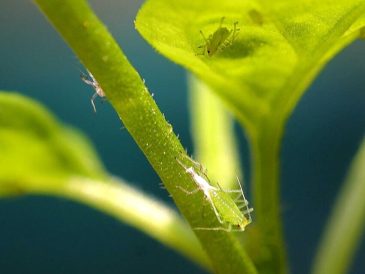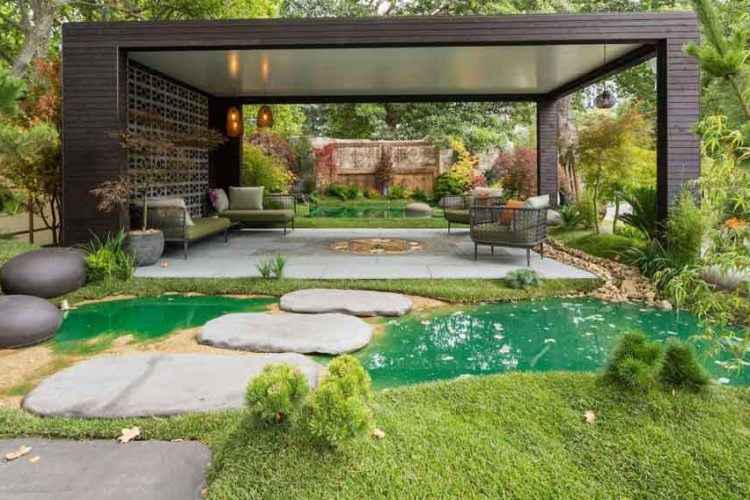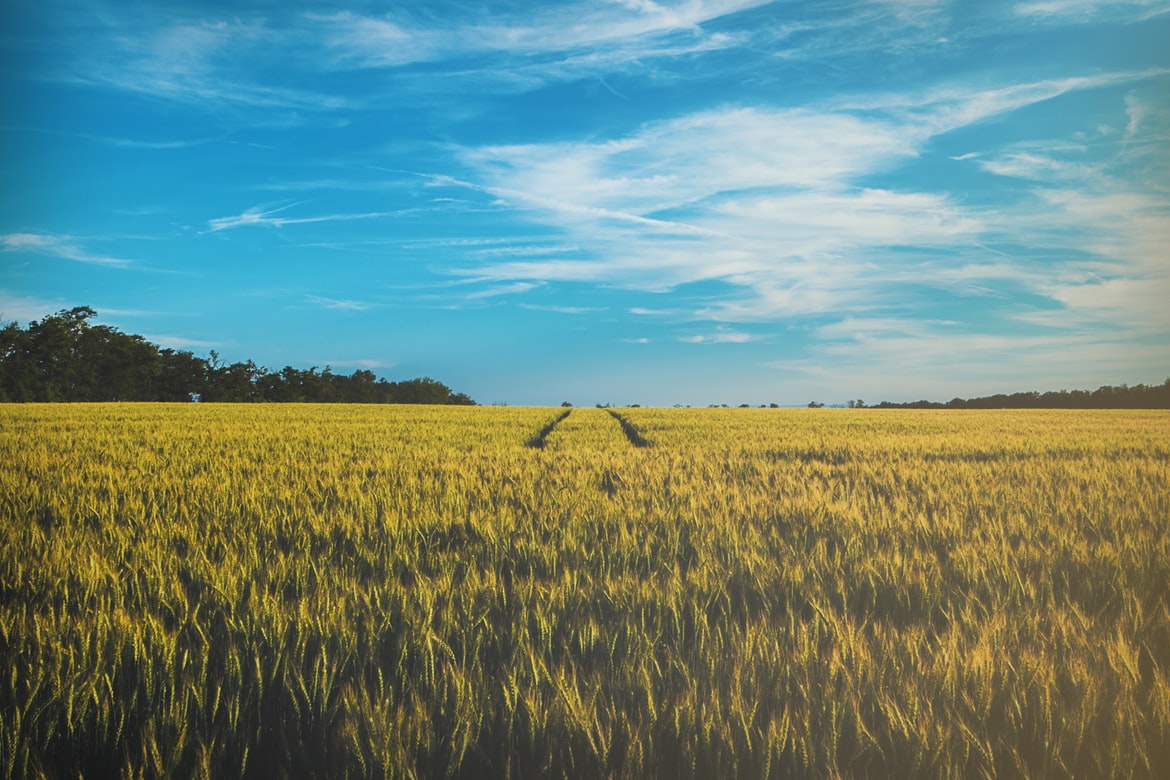Composting is a simple and effective way to turn your food and yard waste into nutrient-rich soil for your garden. Not only does composting decrease the amount of waste that goes into landfills, but it also creates a valuable resource for your plants. In this article, we will provide you with a comprehensive guide on composting, including the benefits, different types of composting, and how to get started.
Benefits of Composting
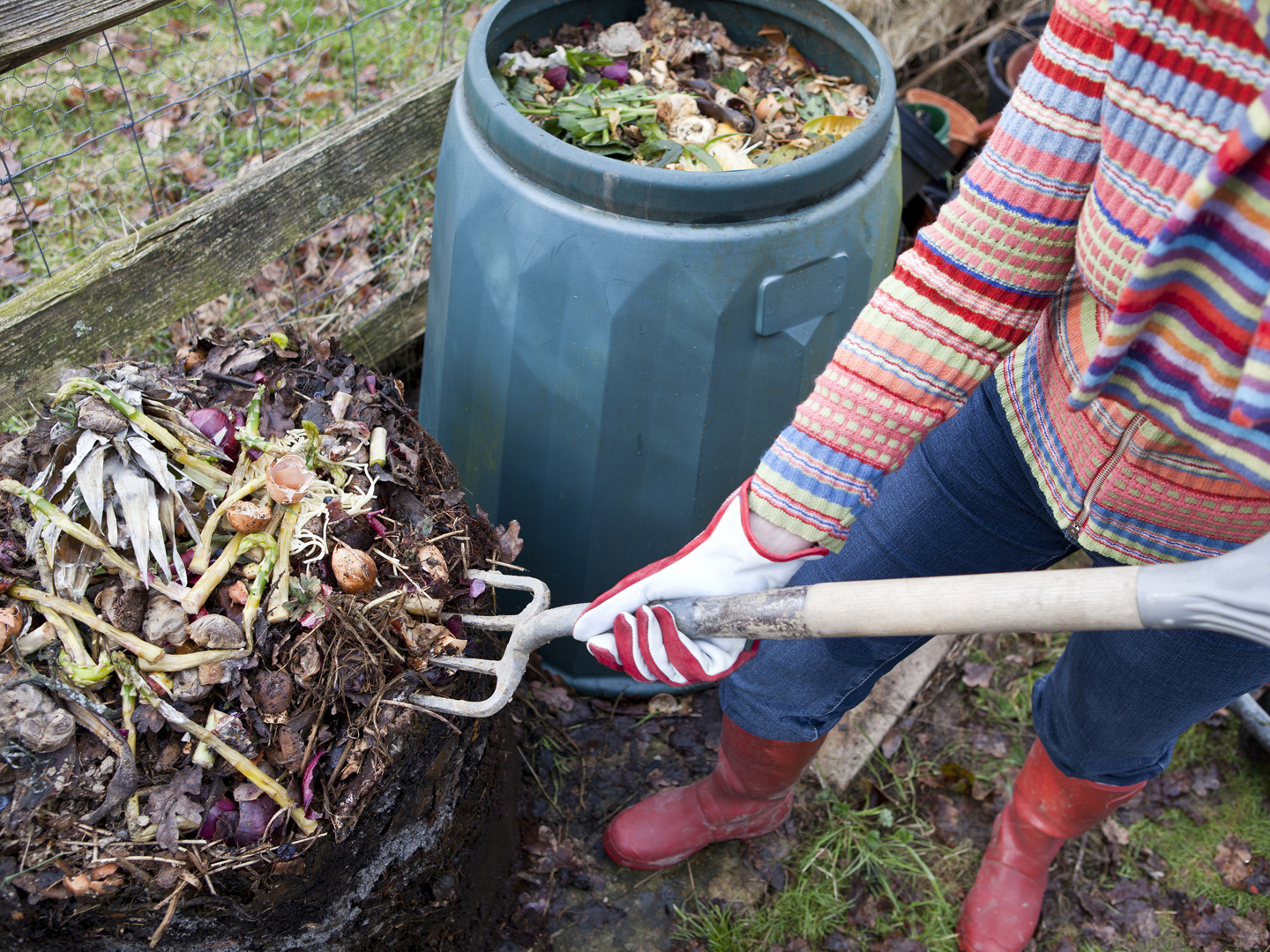 Composting has numerous benefits, including:
Composting has numerous benefits, including:
- Reducing waste: Composting reduces the amount of food and yard waste that goes into landfills, which can help decrease greenhouse gas emissions and save landfill space.
- Improving soil quality: Compost provides essential nutrients to soil, which can improve plant growth, root development, and soil structure.
- Saving money: By creating your own compost, you can reduce the need for expensive commercial fertilizers and soil amendments.
- Encouraging beneficial organisms: Compost contains microorganisms that can help control plant diseases and pests.
Types of Composting
There are several different types of composting, including:
Traditional composting: This method involves creating a pile of organic materials and allowing them to decompose over time. The pile is turned periodically to ensure proper aeration and decomposition.
Vermicomposting: This method uses worms to break down organic materials. Worms consume organic matter and excrete castings, which are nutrient-rich soil amendments.
Bokashi composting: This method uses an anaerobic process to ferment organic waste. The waste is mixed with a special bokashi bran, which contains beneficial microorganisms, and allowed to ferment for several weeks before being added to a compost pile.
Sheet composting: This method involves layering organic materials directly onto the soil. Over time, the materials will decompose and enrich the soil.
Getting Started with Composting
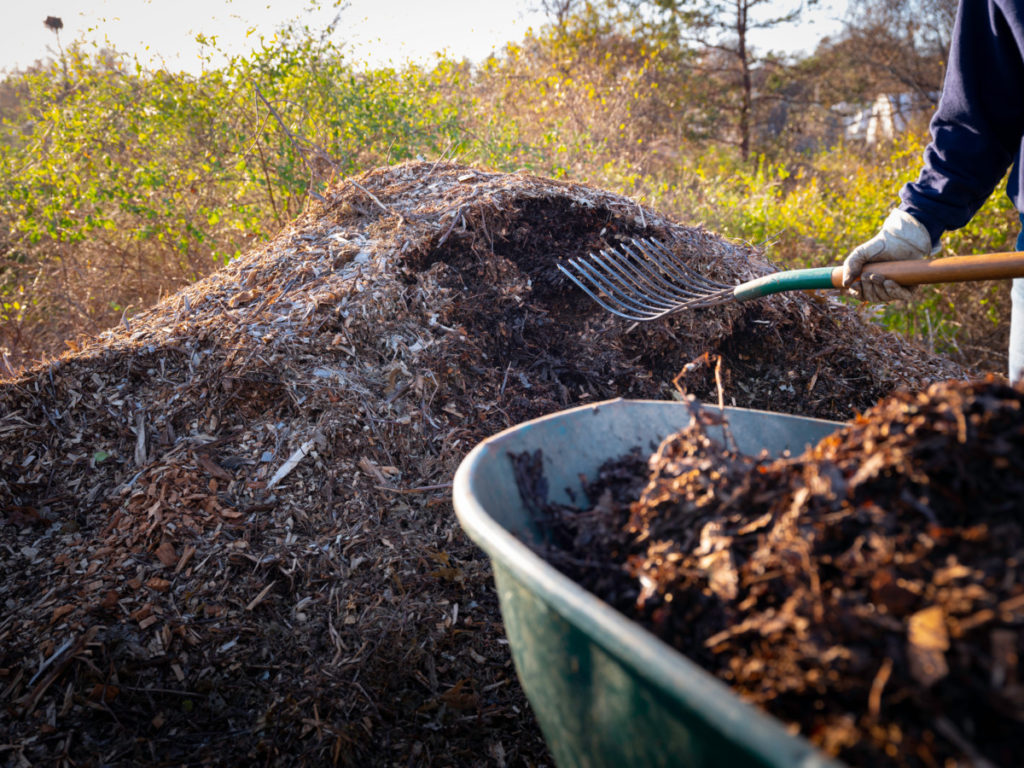 To start composting, you will need the following:
To start composting, you will need the following:
- A compost bin: This can be a purchased bin or a homemade one. Bins can be made of wood, plastic, or metal.
- Organic materials: This can include food scraps, yard waste, and other organic matter.
- Water: Compost needs to be moist, but not too wet.
- Air: Proper aeration is essential for decomposition to occur.
Here Are the Steps to Get Started With Composting:
Choose a location: Select a spot that is convenient to access and has good drainage.
Add your compost bin: If using a purchased bin, follow the instructions for assembly. If making your own bin, make sure it is at least 3 feet wide and 3 feet tall.
Add organic materials: Begin adding organic materials to the bin. Aim for a ratio of 3 parts brown materials (such as leaves or paper) to 1 part green materials (such as food scraps or grass clippings).
Water and turn: Water the compost regularly to keep it moist, but not too wet. Using a pitchfork or shovel, turn the compost every few weeks to ensure proper aeration and decomposition.
Harvest the compost: After 6-12 months, your compost should be ready to use. You can use that as a soil amendment in your garden beds or as a top dressing for your lawn.
Tips for Successful Composting
Here are some extra tips for successful composting:
Keep your compost pile moist: Your compost pile should be kept moist, but not too wet. If it becomes too dry, the decomposition process will slow down, and if it becomes too wet, it can become anaerobic, which can lead to bad smells and slow down the decomposition process. You can add water to your compost pile if it becomes too dry.
Turn your compost pile regularly: Turning your compost pile helps to aerate it and speed up the decomposition process. Again, using a pitchfork or shovel, you can turn your compost pile every few weeks.
Add compost accelerator: If you want to speed up the decomposition process, you can add compost accelerator. These are products that contain bacteria and enzymes that can help to break down organic matter more quickly. You can buy a compost accelerator at garden centers or online.
Chop up larger materials: If you have larger materials, such as branches or sticks, chop them up into smaller pieces before adding them to your compost pile. This will help them to break down more quickly.
Keep your compost pile covered: A covered compost pile will retain moisture and heat, which will help to speed up the decomposition process. You can use a tarp or other cover to keep your compost pile covered.
By following these tips, you can create nutrient-rich compost for your garden while reducing your environmental impact. Happy composting!

